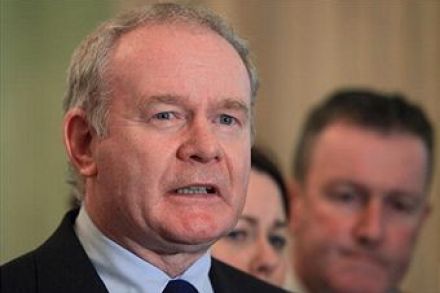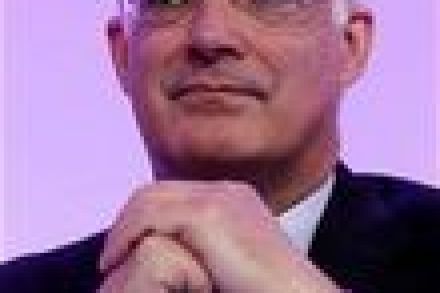McGuiness, culpability and atonement
I wish that every time Martin McGuinness offered commentary on the Saville Inquiry, it was pointed out that he admitted to the inquiry that he was the IRA’s second in command in Derry. We should never forget that the IRA has more to apologise and atone for than any other group that played a role in the Troubles. The idea that the RUC or the British military and the IRA are all equally guilty is the worst kind of simplistic moral relativism. McGuinness is now deputy first minister of Northern Ireland and drawing a handsome salary as part of the peace process. If he expects his—far more morally dubious—past to

















